No one knows how old astrology exactly is. But certainly from the moment man became concious of this existence – Time, since he began to follow the Sun rise, the cycles of the Moon, so from the day the first nomads and hunters followed the constellations in order to orient themselves easier, and named them, there is no reason to believe that even then people searched for answers looking at the sky. Further, the experiences from the connection of Man and Universe have accumulated, and Man became more intimate with Nature.
Nevertheless, it is considered that astrology dates from the 5th century B.C. from Babylon for which it is supposedly known was full of astrologers, but there are no documents, apart from a natal chart that was made for the date of 29.IV 409 B.C. Beros transfers astrology from Babylon to Greece and starts an astrological school on the island of Kos. Hippocrates (480 – 380 B.C.) studies astrology, practices it, which is documented in his work “On Diets”. In the time of the Roman Empire, astrologers are first persecuted under the Senate ruling from the year 16. in which astrologers are mockingly named “Chaldeyans”, while Lucious Tarutius Firmanus determines the date of Romulus’ birth and subsequently generates the chart of the city of Rome, “ab urbe codita” (from the foundation of the city), and tracks the destiny of those born on the same day. Seneca supported astrologers, Tacitus did not, and subsequently almost all Roman emperors in the next four centuries were followers of this skill. Tiberius and Hadrian drew charts themselves, Nero was predicted his mother’s death by astrologers, but it is only Septimus Severus that introduces astrology into the public and political life.
In the age of Constantine, Firmicus Maternus, a Sicilian senator, writes the astrological work Matheseos in eight tomes; parts of the original work were saved in Latin, while the emperor himself divides the state into twelve provinces and generates the chart of Constantinople. The first known woman astrologer is Hypatia who determined the date of her death, which came true. Only from the year 409 Rome starts persecuting astrologers, burning their papers and books.
With Ptolemy, who determines in parallel the basics of both astronomy and astrology, both sciences gain in significance. He is the first to develop the theory of division into astrological houses, defines the main aspects and his certainly most significant astrological work is Tetrabiblos.
In parallel, the Arabian world has its own astrologers. The greatest of them, Albumasar, student of the astrologer for the Royal Court of Persia, Alkendy, then Albateny who gives his theory of 12 equal fields and others…
Michael Scott generates charts on the Royal Courts of France, England and Sicily. It is known that he foretold his own death. On the determined day, a stone fell on his head in church thus ending his life. In the same age, Barbarosa’s adviser, Albert the Great, master of magic, esotheria, philosopher, studies astrology and teaches it further to Thomas Aquinas, who writes :”the celestial bodies are the cause of all that takes place in the sublunar world”. The philosopher Roger Bacon, founder of experimental science, formulates the statement of man’s free will while the celestial bodies determine the general direction of destiny; writes Speculum Astronomiae and firmly believes in astrology. Guido Bonatti was a Franciscan friar and Italian astrologer, but he demanded drawing charts of a building when erecting churches.
The first astrologer from our territories to be mentioned is Albert Kazotic from Trogir, a student of Thomas Aquinas, a bishop.
The famous astrological saying “that a body part must not be operated on while the Moon is in its sign” was coined by the famous physician, mathematician, adviser to Bonifacius VIII, Benedictus XI, Clemente XV : Arnaldo de Villeneuve.
Pietro d’Abano, a professor of philosophy and medicine, supports the opinion that all events are predetermined by the movement of celestial bodies. He dared to make a natal chart for Jesus, the reason why his corps was burned by the Inquisition although he already poisoned himself.
Georg Trapezius translates Ptolemy’s Almagest, he is the teacher of the celebrated mathematician and astronomer Regiomontanus (John Muller) who determines the system of unequal houses and publishes Ephemeris (tables of planetary positions) and becomes a cardinal. In that age, the famous painter, Raffaello Santi at the Court of Pope Julius II adornes the room “Disputa” with astrological – theological images. The famous Paracelsus (1493-1541) was a physician, alchemist and philosopher. He wrote medical and theosophic mystical works, and studied astronomy and did alchemy research. He requested that physicians know movement of the planets. There are many astrological monuments that date from that time, some of them are well preserved to the present day, as the astrological Clock Orloy, located in Prague.
Universally known, Michel de Notre Dame, physician of Carl IV, foretold an outbreak of the plague and the defeat of France. Pope Leon X founded a department of astrology at the University of Rome. Copernicus then dedicates to him his discovery, the heliocentric system, and the last official astrologer by profession was Villefranche, astronomer and mathematician, respected on the French court, famous for this remarkably true predictions. Astrologia Gallica is his most famous work from 1661. With him the profession of astrologer ceases and astrologers work without a system, support, education and begin to get more and more ridiculed as well as the skill they practise.
Astrology in the 17th century moves to England, and the works of John Dee and William Lilly, who is to this day an authority in traditional astrology. Lilly predicted the great fire of London fourteen years before it happened in September 1666.
Tiho Brahe, a danish astronomer that determined the seeming movement of the Sun which enabled him to calculate the exact duration of a year in which he made a mistake of only one second, as an astrologer studied the influence of big conjunctions on natural catastrophes. His student, Johannes Kepler, first passionately studies astrology, only to, 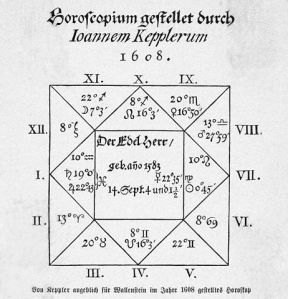 embittered by revealing its weaknesses, call it “the plain daughter of astronomy, without who the wise old mother would starve”. But still he continues his research, generates miraculously accurate charts, he predicts success to Corporal Valenstein followed by his decline and date of sure death 25.2.1634. He is the first to track the influence of planets statistically and in the end, after years of experience determined “that belief in the influence of constellations derives primarily from experience that is so persuasive that it can not be cast away by people who did not have this experience.” (Recommendation: Kepler’s “Belief in Astrology”).
embittered by revealing its weaknesses, call it “the plain daughter of astronomy, without who the wise old mother would starve”. But still he continues his research, generates miraculously accurate charts, he predicts success to Corporal Valenstein followed by his decline and date of sure death 25.2.1634. He is the first to track the influence of planets statistically and in the end, after years of experience determined “that belief in the influence of constellations derives primarily from experience that is so persuasive that it can not be cast away by people who did not have this experience.” (Recommendation: Kepler’s “Belief in Astrology”).
Isaac Newton, who was quite interested in the mystical, was also interested in astrology. When the astronomer Edmond Halley sniggered at his dealings with astrology, Newton answered him: “Sir Halley, I have studied the matter, you have not!”
In the age of Romanticism, according to Dupor, “our Ilirians, Preradović, Gaj study astrology, and when Queen Draga was born, an accidental English tourist predicts the Crown to her”. From the 19th century, the following names are significant : Alan Lee, founder of the Astrological Order of the Theosophian society of Great Britain 1914, Max Handle, Sadkiel, Sephariel…
Since the 20th century, astrology is quiet, but after WWII it acquires new followers, but also public discreditation which is a consequence of the lack of systematisation and collaboration between the astrological schools.

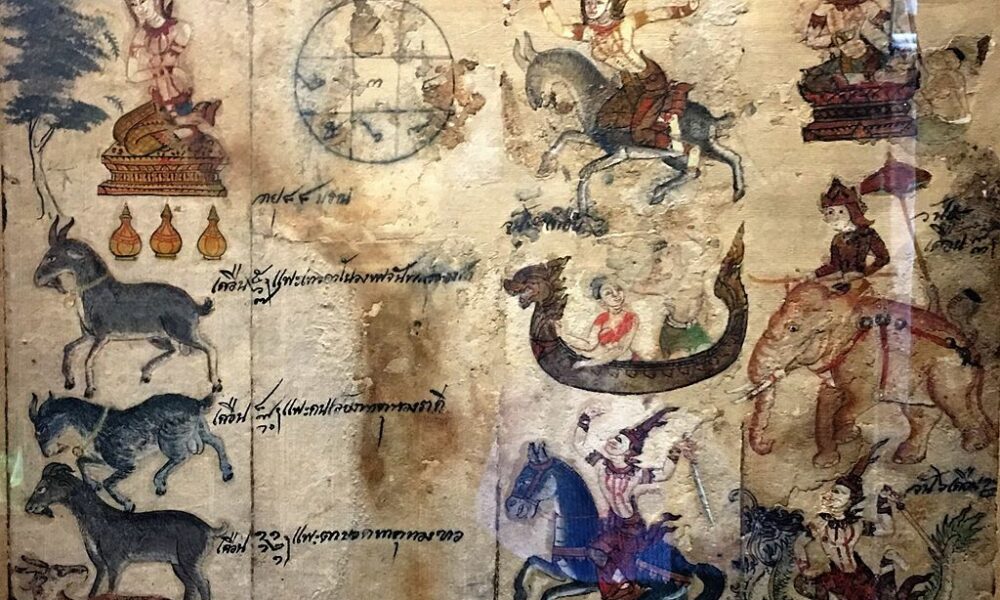

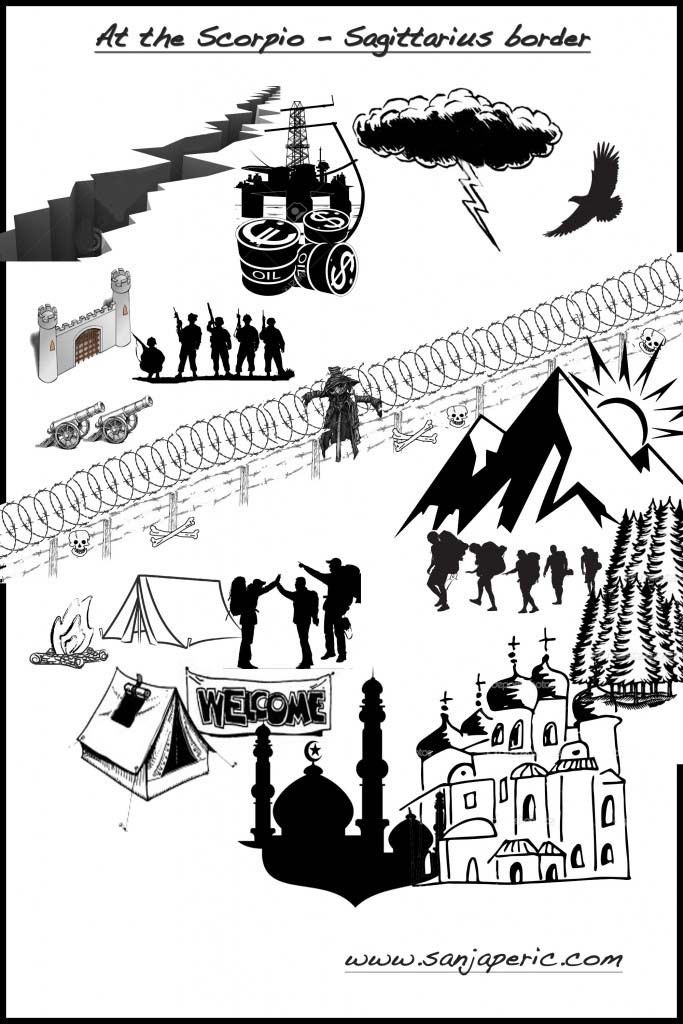



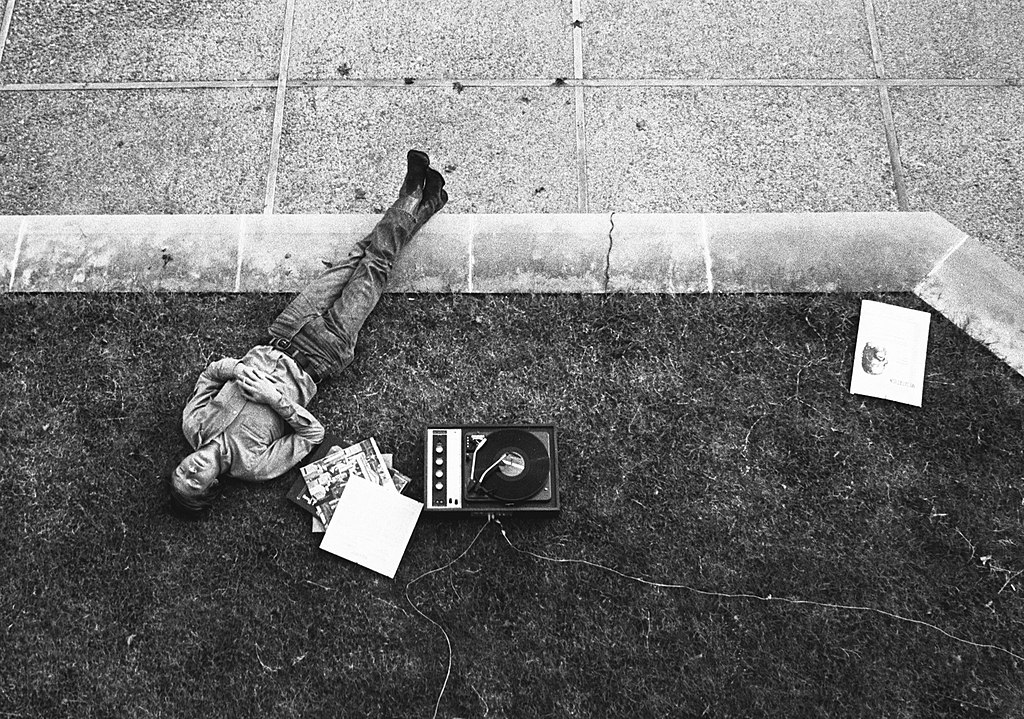
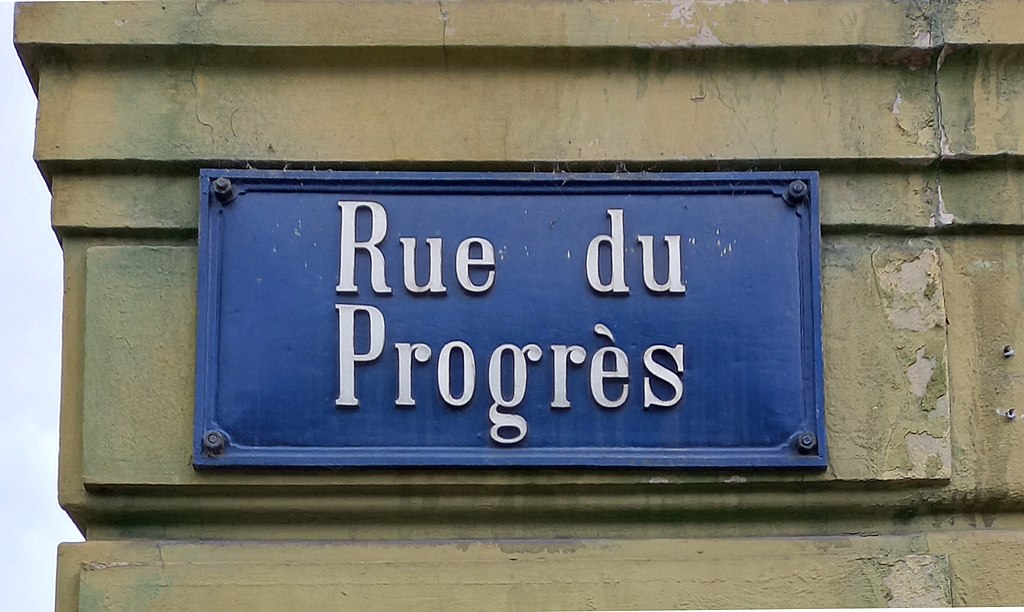

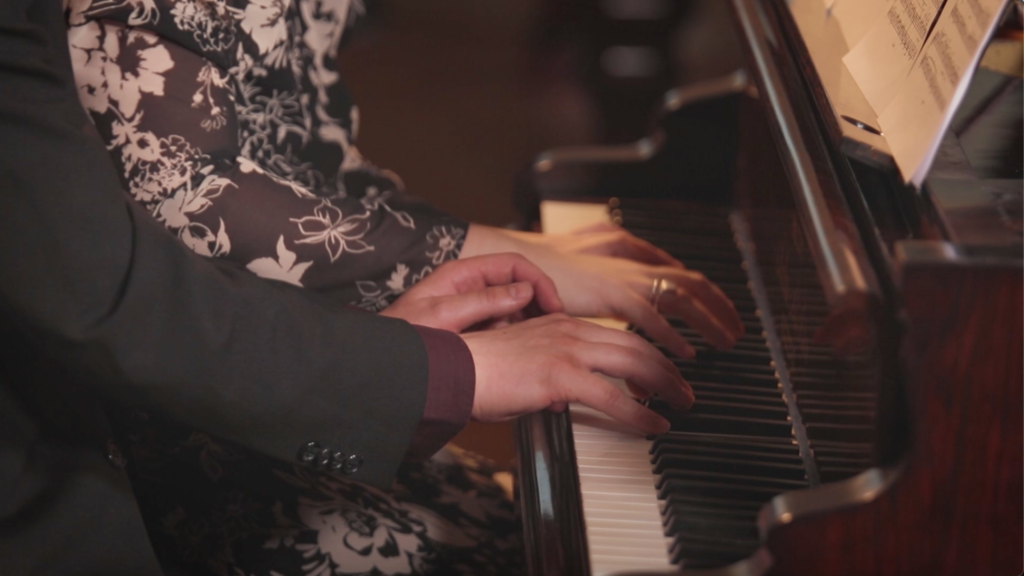



I am trying to write a paper for my Composition and Language class… Its an informative essay, and I’m wondering if its possible if I can use this site as a reference and the citing, for the information that I needed to explain more in depth. I will not use exact words of course, seeing as its your words and not mine. But I would love to use this content in my paper. I would really appreciate it if i could, please email me and let me know if you mind. I will definitely make sure to cite the site and you as well, if you have any more insight into Astrology other than what you have written. Please get back with me.
Thanks!
very nice post and thanks 4 post this“
astrology